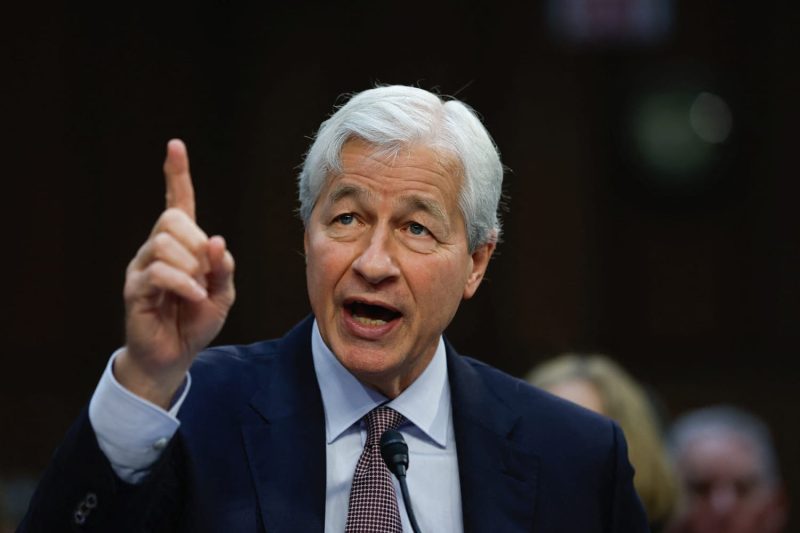In recent years, the rise of digital banking and online payment platforms has provided customers with convenient ways to transfer money quickly and efficiently. However, along with these benefits comes the risk of fraudulent activity and scams. One such platform facing scrutiny is Zelle, a popular peer-to-peer payment service offered by major banks, including JPMorgan Chase.
JPMorgan Chase, one of the largest financial institutions in the United States, has found itself at the center of a contentious issue involving Zelle scams. The bank has expressed its readiness to take legal action against the U.S. government over the handling of Zelle fraud cases. This move highlights the critical importance of protecting customers from such illicit activities and holding the responsible parties accountable.
The escalation of Zelle scams has raised concerns among both financial institutions and consumers alike. Criminals have been exploiting the platform to conduct various fraudulent schemes, leading to financial losses for innocent victims. While Zelle has implemented security measures to safeguard transactions, fraudsters continue to find ways to deceive unsuspecting individuals. This has prompted banks like JPMorgan Chase to take a proactive stance in addressing these challenges.
One of the key issues at the heart of the debate is the liability for Zelle fraud losses. Banks like JPMorgan Chase argue that the U.S. government has not provided sufficient support or resources to combat these scams effectively. As a result, financial institutions are left to bear the burden of these financial losses, impacting their customers and reputation. JPMorgan Chase’s threat to sue the government underscores the urgency of finding a resolution to this pressing issue.
Moreover, the legal battle between JPMorgan Chase and the U.S. government could have broader implications for the financial industry as a whole. The outcome of this potential lawsuit may set a precedent for how banks and regulators address fraud in the era of digital payments. It could lead to enhanced regulations, improved security protocols, and greater collaboration between government agencies and financial institutions to protect customers from financial crimes.
As the landscape of banking and payments continues to evolve, it is crucial for all stakeholders to work together to combat fraud and safeguard the integrity of financial transactions. JPMorgan Chase’s willingness to challenge the U.S. government over Zelle scams reflects the bank’s commitment to upholding security standards and advocating for the best interests of its customers. By addressing the root causes of fraud and holding perpetrators accountable, the financial industry can strive towards a safer and more reliable system of digital payments.
